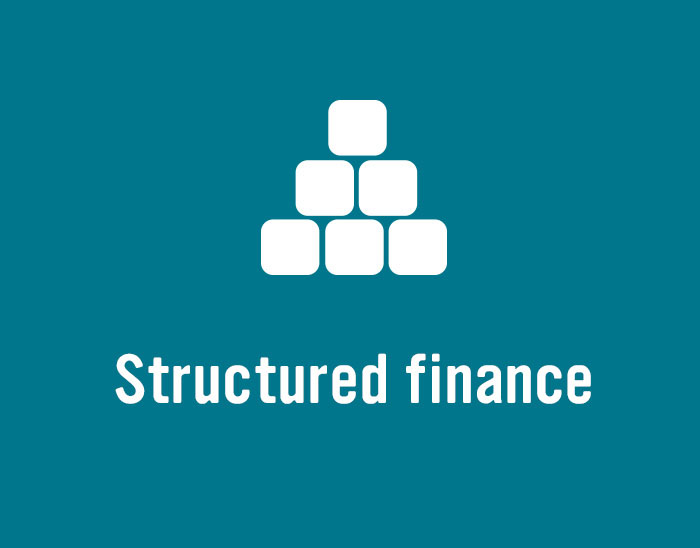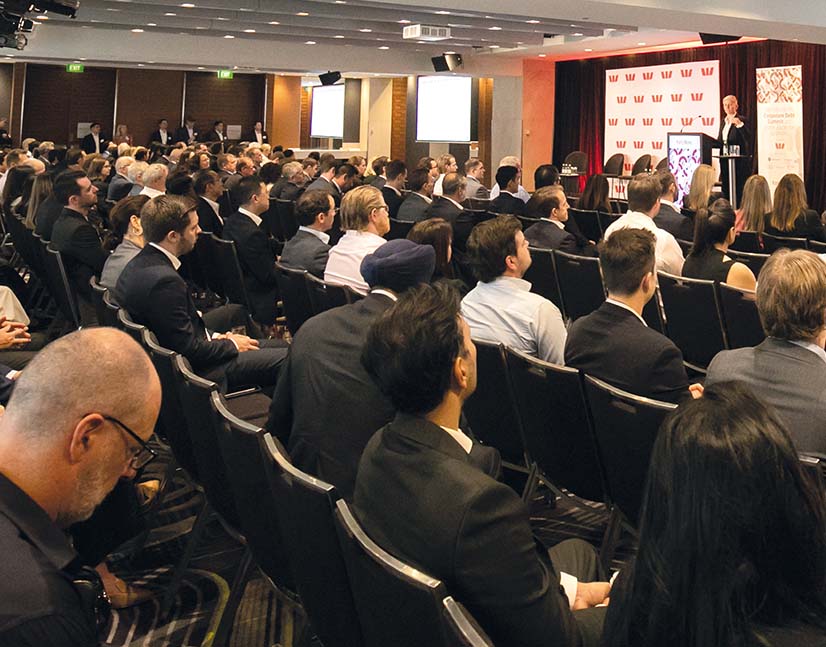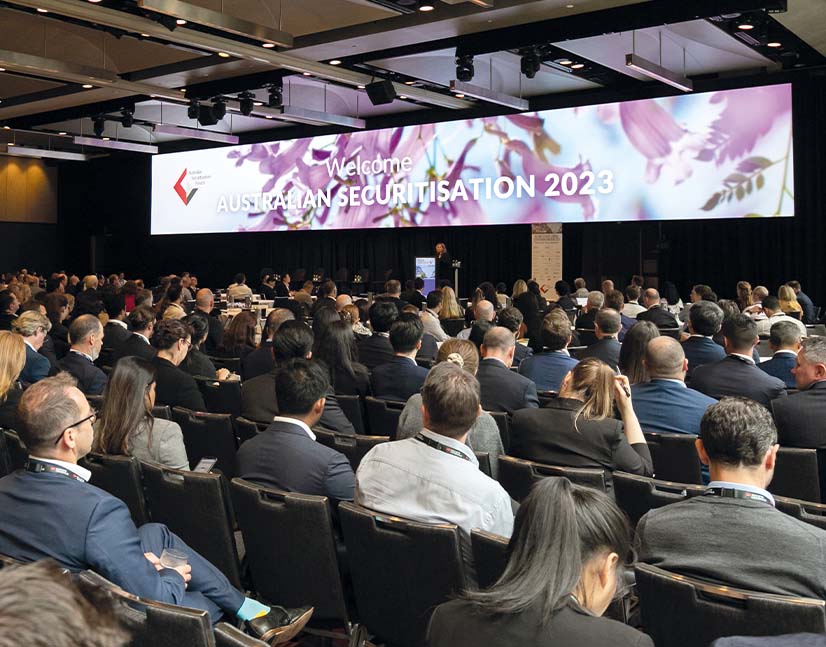
Inside the mutual bank sector
The KangaNews Mutual Sector Wholesale Funding Seminar brings together leaders from mutual banks across Australia, to share intelligence on the sector, its competition and growth prospects, and funding options. The 2023 event, hosted on 30 August, featured wide-ranging insights into relevant topics from consolidation to cyber security.
“We are facing lower returns and this inevitably means more consolidation in our industry. We will defend our turf aggressively, but growth for many of us is going to become more difficult. I do not know who the winners and losers will be but, when I look at the state of our sector now and into the future, I see a more fraught outlook than there has been for many years.”
“People want to believe in the mutual model, in banking and beyond. But we must still strive for relevance, continue with the right culture, and collaborate with each other and with vendors who share our passion for member centricity. Mutual banks were born of a necessity that continues to exist; we just need to make sure we continue to connect with members.”
“The difference between wages and inflation is productivity – and productivity growth in Australia is zero. Hours worked are at record level and GDP per capita is in recession – or at least close to zero. This means current wages growth is entirely inflationary. The bottom line of this is that the data is going to keep the RBA on alert.”
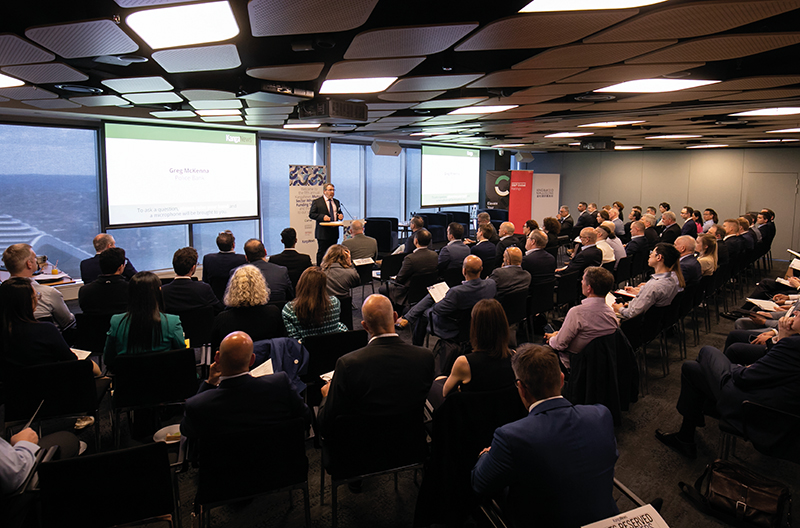

“For RMBS, we will continue to seek to securitise People’s Choice loans that are already in the core banking system the merged entity will ultimately end up using. This makes more sense to us than issuing a public deal with Heritage Bank loans that at some point in future will need to be transitioned between core banking systems in the background. When the merger transition is complete we will have a combined book on a single banking system and the ability to securitise the more geographically diverse HPC loan portfolio.”
“Some mutual and smaller banks have issued AT1 and tier-two notes that would be written off at the point of nonviability – they do not have a conversion feature. But even if a mutual bank AT1 security offered mutual equity interests as a conversion option, this doesn’t represent an ownership interest – which calls into question whether this would be a helpful or attractive option in a Credit Suisse-type scenario.”
“One of the key risks for mutual banks is reliance on externally provided systems, which means some cyber security is in the hands of a third party. There is an additional layer of risk for mutual banks, on a sector basis, as a lot of them share a common core banking system provider. If something happens to one, many will be affected.”


“Five years ago, I suspect everyone would say the probability of being hacked was not that likely. But it is now getting pretty difficult to argue that nothing is going to happen in the next 4-6 months. With the constant bombardment of social engineering and phishing, it is not a matter of if but when.”
“Organised cyber criminals are often inside systems for a period of weeks or months before they decide to press the button and launch their attack. This could involve things like encrypting servers so a business can’t operate. The usual response is to fall back on backup servers, but attackers are smart enough to try to locate backups and encrypt those too.”
“As we were going through a merger of equals, we had to develop all our policies afresh. The key risk, of course, was that all the new policies had to be approved by the board. There was a provisional board – the merger advisory board – to approve each of them but it did not legally exist until day one of the new entity. Consequently, all the policies had to go through the different boards – which turned a simple exercise into a process that effectively had to be repeated three times.”
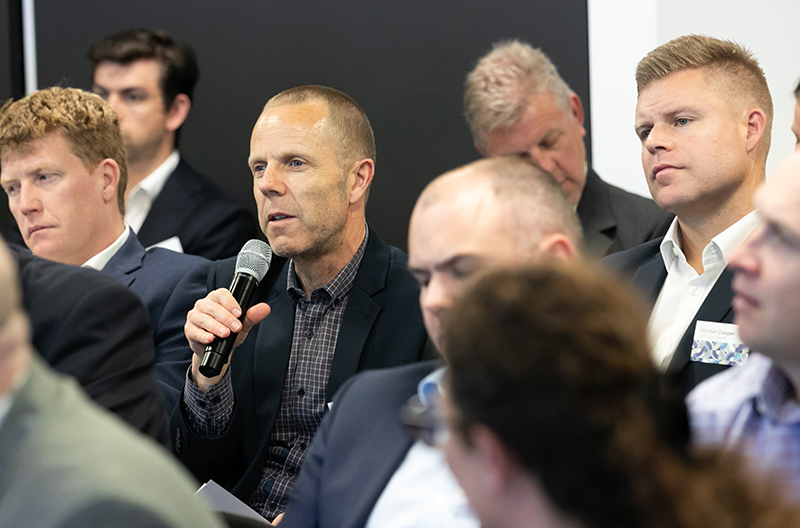
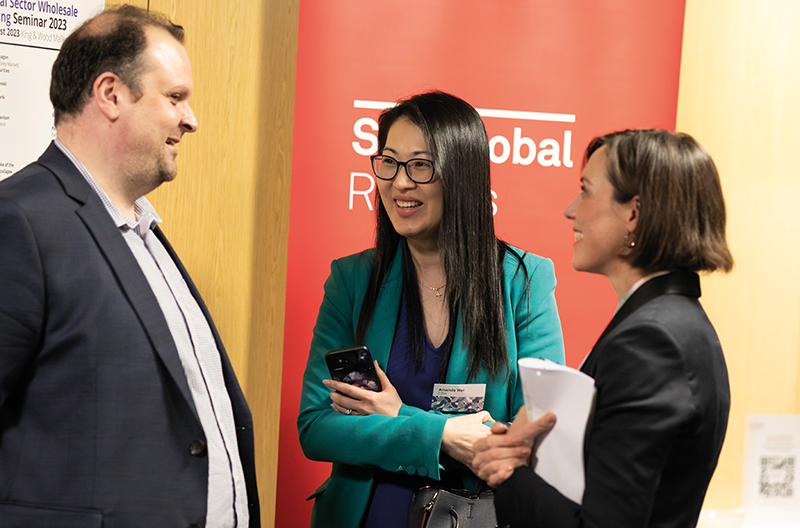
“In the banking sector, one of the uses of AI that is being discussed is for internal productivity. CBA has reported that it is using generative AI in its call centres, where the AI looks at the various policy documents, comes up with an answer and sends it to the call centre almost in real time. Macquarie Bank is using AI to help customers come up with personalised cash flow management and payment due date plans – to automate routine activity.”
“In the past, data has always been viewed as something of great value. But it can now also be seen as a source of risk – because one of the things hackers may do is publicly release that data. Financial institutions are stuck with this risk because they are required to keep identifying data for seven years.”
“Making sure liquidity management is up to the task of dealing with unexpected events like cyber attacks is important. We always ensure we have enough capacity in our funding facilities and warehouses to manage upcoming maturities. It proved very useful in our cyber event because we had a A$500 million credit card securitisation maturity due soon after the incident. We were able to meet this maturity, which gave our investors comfort that we would be able to continue operations.”
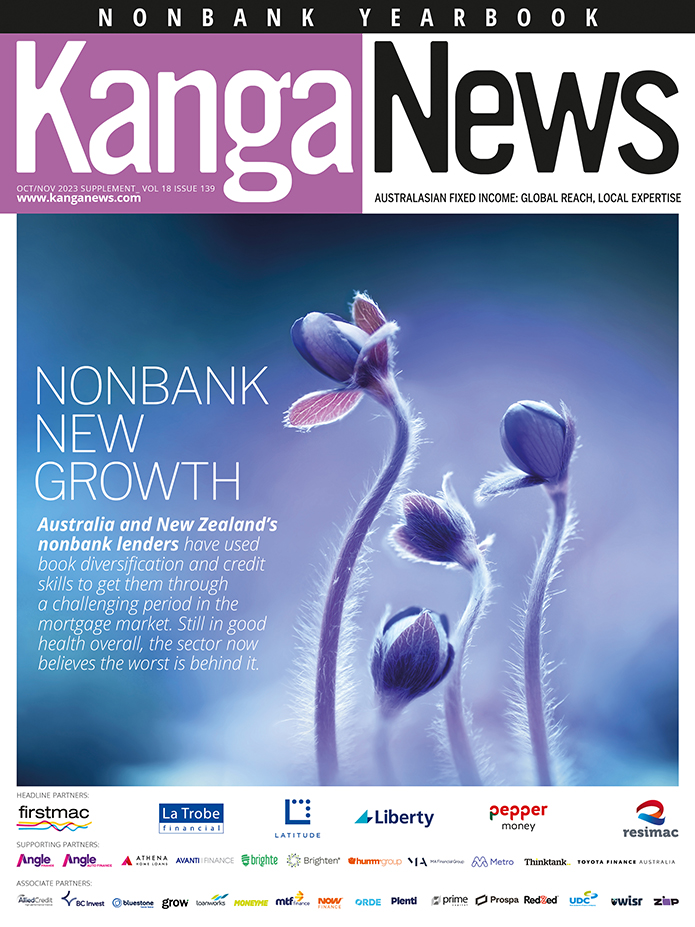
nonbank Yearbook 2023
KangaNews's eighth annual guide to the business and funding trends in Australia's nonbank financial-institution sector.
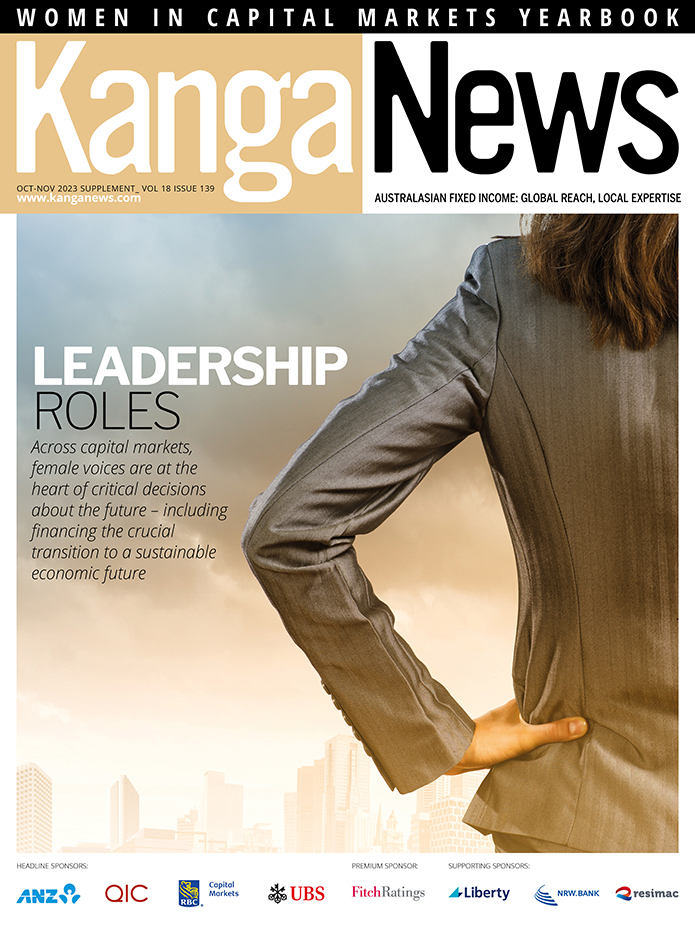
WOMEN IN CAPITAL MARKETS Yearbook 2023
KangaNews's annual yearbook amplifying female voices in the Australian capital market.






